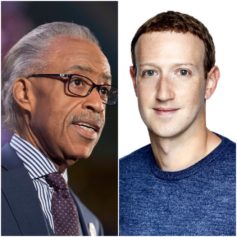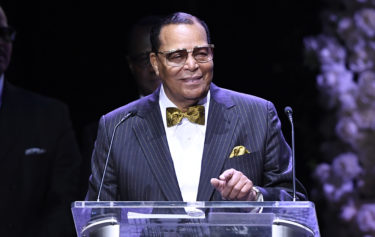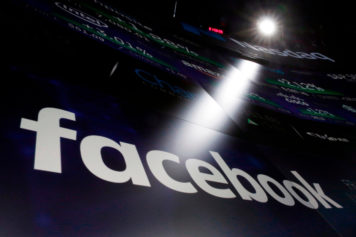Publicis and Omnicom, two of the biggest ad agencies in the world, announced a merger yesterday. Just to put the size of this deal into perspective: if this merger is approved, the new company which will be called Publicis Omnicom Group will account for 40% percent of the ad industry. As reported by washingtonpost.com:
“The combined company will be called Publicis Omnicom Group and be jointly led by Omnicom CEO John Wren and Publicis CEO Maurice Levy as co-chief executives. The move is designed to bolster the companies’ focus on growing Asian and Latin American markets such as China and Brazil, where they each have ramped up operations to counter lackluster growth in weak European markets.”
The move also helps both Omnicom and Publicis to compete more effectively with the technology companies like Google and Facebook – which are essentially large ad companies posing as tech companies in my opinion. As reported by nytimes.com:
“[The merger] signals that advertising is now firmly in the business of Big Data: collecting and selling the personal information of millions of consumers.
“That business is a competitive one, with technology companies like Google and Facebook using their huge repositories of user data to place ads. Between them, Omnicom and Publicis accounted for $22.7 billion in revenue last year, more than the next highest ad firm, WPP. But no ad company comes close to the $50 billion in revenue that Google made last year, largely on the strength of its advertising business.”
However, in the video below from CNBC, both CEO’s echoed the sentiments that they don’t want to compete with Google and Facebook. They view the implications of the merger as something that will help to further facilitate their collaborative efforts with those companies, while simultaneously offering their clients more leverage in negotiating with the likes of Google and Facebook. As they both told CNBC:
“We are already collaborating,” he said. “We don’t believe it would be good to have Google and the like having the position to minimize the advertising agencies. We are enabling our clients to get equal footing.”
“The merger allows the combined company ‘to have a different level of conversation’ with companies such as Facebook and Google,” Wren said.
The merger between Publicis and Omnicom has only been announced, it still has to be approved by the regulators. And while the CEO’s don’t foresee any major issues in getting the deal approved, I would imagine they would meet some opposition. I think, at the very least some of the company clients should be concerned. This merger could start a trend between other advertising giants that feel they can’t compete, which would in turn lead to less competition between agencies. We’ve seen this kind of mass merging of advertising firms before in the 80’s and 90’s, so it could definitely happen again.


